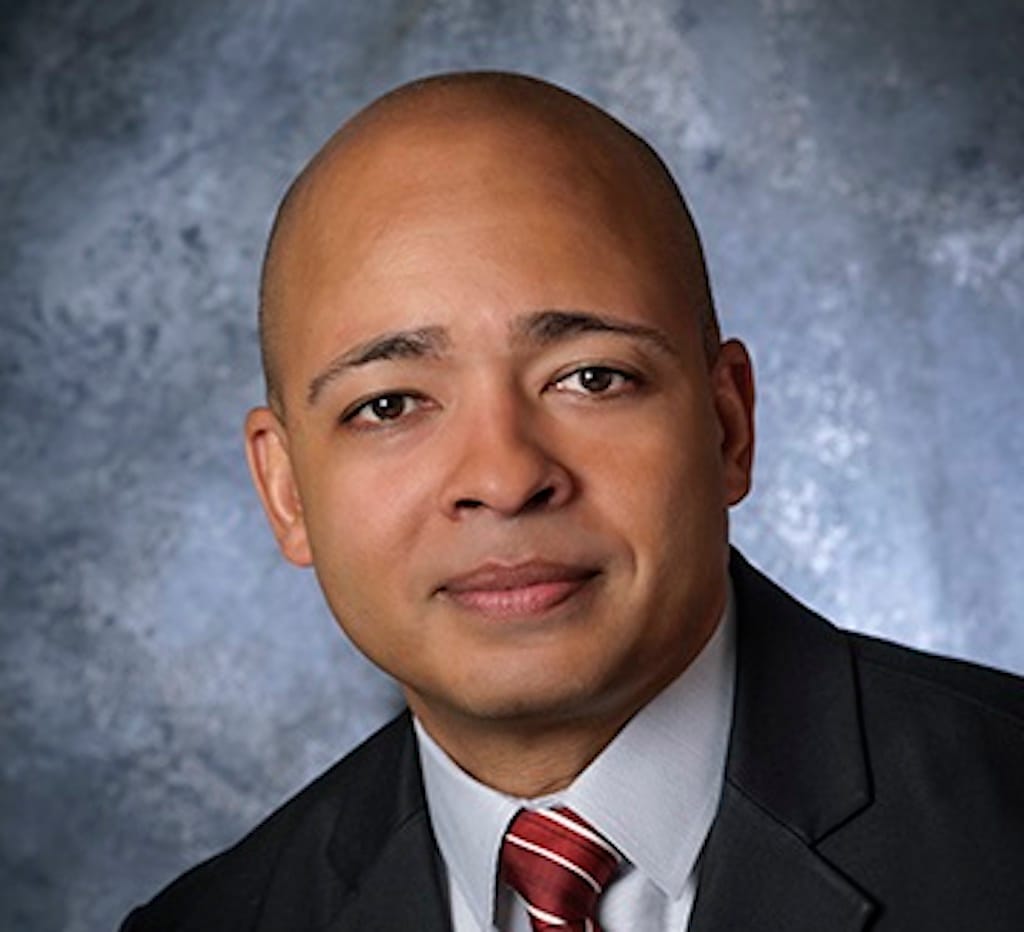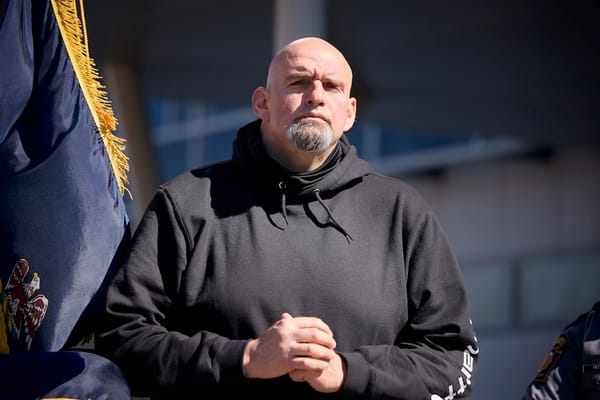Comcast Offers Free Internet, $86 Million for Homework Gap, TPRC’s Call for Research Papers
Comcast has adjusted its historic Internet Essentials program to the FCC’s Affordable Connectivity Program.

February 25, 2022 – Comcast is now offering free and discounted service through the Federal Communications Commission’s Affordable Connectivity Program.
The program, which transformed the FCC’s former Emergency Broadband Benefit into the long-term broadband and device discount, provides eligible households with an up-to $30 per month subsidy for broadband internet, with a one-time $100 subsidy on a internet-connected device.
Comcast now offers customers free and discounted internet options with the ACP, said the company announced yesterday. Comcast’s Xfinity internet service provides eligible low-income households a credit of up to $30 per month toward the cost of internet.
Earlier this month, the White House announced that more than 10 million registered households for the program.
Xfinity made “ACP credits” for lower-income households, allowing customers to apply the $30 discount across all of Xfinity’s internet speed packages. The credits can also be applied to Comcast’s “Internet Essentials” line, which provides low-cost broadband for low-income families with grammar, high school, and college students, seniors, veterans, people with disabilities.
Internet Essentials is also available to those enrolled in public assistance and housing assistance prograsms.
“As the world becomes more digital, it is crucial that everyone has the resources and opportunities they need to excel in today’s economy,” said Comcast’s regional Senior Vice President Jason Grumbs. “We’re making it simple for both new and existing customers to use ACP credits toward Xfinity Internet services” he said.
Advocates for the Affordable Connectivity program have argued that the program needs an easier application process and deeper outreach efforts to maximize the program’s benefits.
$86 Million for Homework Gap Funding
The Federal Communications Commission announced plans to commit more than $86 million in the Emergency Connectivity Fund program.
The program, which states and U.S. territories can use to support off-campus learning such as night time homework, to ensure that students can access the internet for their education.
The FCC announced Thursday that it will commit the $86 million in the 10th wave of the Emergency Connectivity Fund’s program. Since the program’s launch in June 2021, the ECF committed more than $4.62 billion in all 50 states, Guam, Puerto Rico, the U.S. Virgin Islands, and the District of Columbia.
“The Emergency Connectivity Fund is the single biggest effort to close the Homework Gap, and connect students and libraries with reliable broadband service,” said agency Chairwoman Jessica Rosenworcel. “The need for help is clear, and we’re making progress. Since the program opened last June, thousands of schools and libraries signed up, and we are now providing funding for over 10 million connected devices and over 5 million broadband connections throughout the country.”
Total commitments to date are supporting over 11,000 schools, 900 libraries, and 130 consortia for over 10 million connected devices and over 5 million broadband connections.
Call for Digital Inclusion Research Papers
A non-profit academic organization hosting a research conference on communications, policy and the internet is accepting academic papers, proposals, and panels for its annal conference.
Held on September 16 at American University in Washington D.C., the non-profit organization TPRC announced Friday that it will celebrate the Fiftieth anniversary of its annual interdisciplinary conference discussing the digital divide, broadband deployment, spectrum management, and internet policy.
The annual conference is a cross-disciplinary gathering of researchers and policymakers from law, economics, engineering, computer science, public policy, data science, social sciences, and related fields working in academia, industry, government, and nonprofit organizations.
TPRC is also accepting papers, proposals, and panel abstracts exploring perspectives on internet and policy issues. The organization said that abstracts are due March 15 and must explore perspectives on important internet and communications topics.








